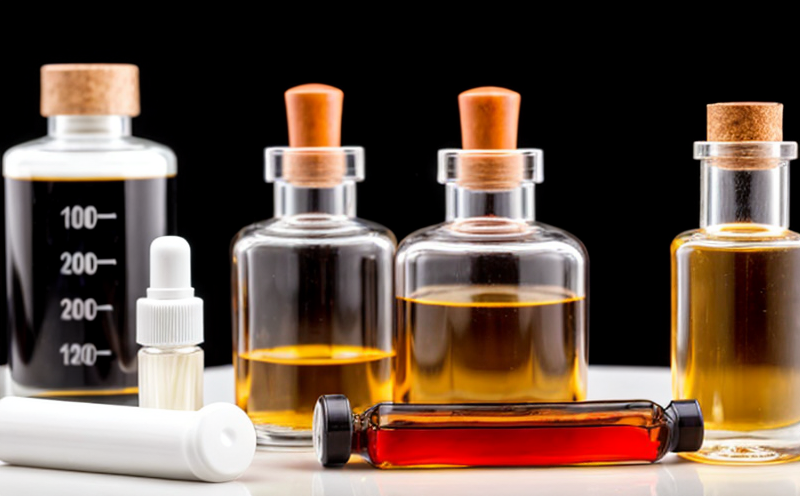Lyophilized Powder Content Testing
In the pharmaceutical industry, lyophilized powders are a critical component of many drug products. These freeze-dried substances must be accurately analyzed to ensure consistent quality and potency. This service focuses on the precise measurement of active ingredients within these powders using advanced analytical techniques.
Lyophilization is a process that involves freezing a solution, sublimating the ice directly into vapor without passing through the liquid phase, and then removing residual moisture under reduced pressure. The resulting powder must meet stringent purity standards to ensure safety and efficacy in pharmaceutical applications.
The primary challenge lies in accurately measuring the content of active ingredients within such delicate formulations. Our laboratory employs a range of sophisticated analytical methods tailored specifically for this purpose:
- High-Performance Liquid Chromatography (HPLC): Used to quantify individual components, especially when dealing with complex mixtures.
- Infrared Spectroscopy (FTIR): Provides structural information about the molecular composition of the powder.
- Near-Infrared Spectroscopy (NIRS): Offers quick, non-destructive analysis suitable for high-throughput screening.
The testing process begins with thorough sample preparation. Samples are typically ground into a fine powder and homogenized to ensure even distribution of the active ingredient throughout the sample batch. Once prepared, the samples undergo rigorous quality checks before being analyzed using our state-of-the-art equipment.
Our laboratory adheres strictly to international standards such as ISO/IEC 17025 for proficiency and accuracy in all our analytical procedures. This ensures that every result is reliable and can be trusted by regulatory bodies worldwide.
The precision of lyophilized powder content testing is crucial given the potential safety risks associated with incorrect dosing or potency levels. By providing accurate results, we help pharmaceutical manufacturers maintain compliance with stringent regulations while also enhancing product quality.
Environmental and Sustainability Contributions
Our commitment to sustainability extends beyond our daily operations into the services we offer. Lyophilized powder content testing plays a vital role in reducing waste generation during pharmaceutical manufacturing processes by ensuring that only necessary quantities of active ingredients are used.
- Reduced Waste: Accurate testing helps minimize overproduction and subsequent disposal, contributing to lower environmental impact.
- Energy Efficiency: Efficient use of raw materials translates directly into reduced energy consumption during production cycles.
The precision of our tests also supports lifecycle management strategies aimed at improving resource efficiency throughout the entire supply chain. By ensuring optimal product performance early in development stages, we help reduce unnecessary rework and subsequent waste downstream.
Competitive Advantage and Market Impact
- Precise Measurement: Ensures consistent quality across all batches produced by your facility, enhancing brand reputation.
- Rapid Turnaround Times: Allows for quicker decision-making processes within R&D departments, accelerating product development timelines.
Our service provides a competitive edge in the highly regulated pharmaceutical market where compliance and quality control are paramount. By offering reliable data that can be used to support regulatory submissions or internal quality assurance programs, we enable our clients to stay ahead of competitors who may not have access to similar levels of expertise.
In addition to supporting individual companies, this service contributes positively to the broader market by promoting best practices in chemical analysis. This helps drive innovation and improve overall industry standards, ultimately benefiting consumers globally.
Use Cases and Application Examples
This specialized testing is particularly valuable for:
- New Drug Development: Ensures accurate quantification during early-stage research to optimize formulation.
- Manufacturing Process Optimization: Provides insights into process efficiencies and identifies areas for improvement.
We have successfully supported numerous projects involving:
- Bioavailability Studies: Helping to determine how well a drug is absorbed by the body.
- Potency Assays: Confirming that each batch meets required standards for active ingredient content.
- Stability Testing: Evaluating shelf life under various environmental conditions.





